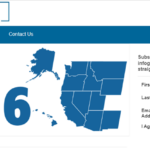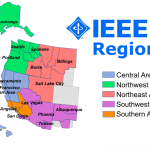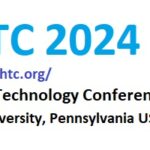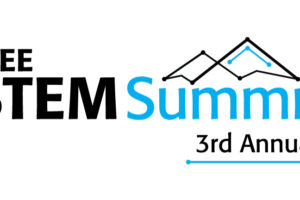In a collaboration of the US National Science Foundation, the IEEE and the Group on Earth Observations, the NSF-funded Ocean Research Collaboration Network is proud to announce the next webinar in the series “Blue Marvel – Ocean Mysteries” will be “Microbial Oceanography – Potential and Challenge” by Levente Bodrossy, CSIRO, Australia.
The webinar will be broadcast Tuesday, May 21 2013 23:00 UTC (7PM EDT, 4PT PDT; 9AM Sydney 22 May).
Register for the seminar at www.oceanmysteries.net. There is no charge.
“Microbial Oceanography – Potential and Challenge” by Levente Bodrossy, CSIRO Marine and Atmospheric Research, Australia
Abstract:
Microbial life is the basis for all other life on Earth. Microbes drive the vast majority of the biogeochemical cycles, provide essential nutrients for photosynthesis and keep the environment habitable against mankind’s best pollution efforts. Microbes make up more than 90% of the oceans’ biomass and turn over the entire marine carbon pool every month. They are the main players in the production and consumption of greenhouse gases and thus mankind’s best chance to mitigate global warming.
Though we still know almost nothing about the microbial world, recent developments in molecular methods for microbial ecology make it practicable to start to analyze microbial communities at their real complexities.
This talk will review today’s affordable, high-throughput molecular methods, summarize remote sampling and archiving options, note active large-scale microbial observatory programs, and anticipate future avenues of inquiry.
Speaker:
Levente Bodrossy is an OCE Fellow and Science Leader of the Environmental Genomics Team at CSIRO Marine and Atmospheric Research in Hobart, Tasmania. His current research focuses on the understanding of the interactions between the marine microbiota and the marine environment, including biogeochemical cycles and microbial ecology. A key step towards this understanding is the development and application of highly affordable molecular methods for the high throughput and high resolution analysis of the composition of marine microbial communities.
